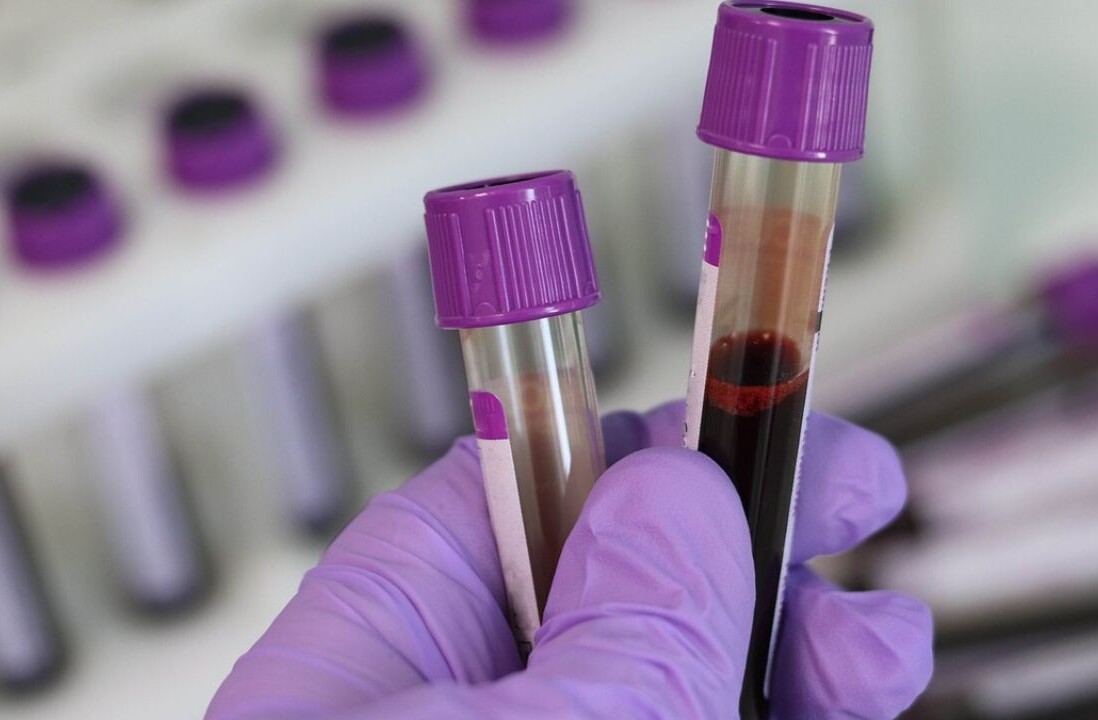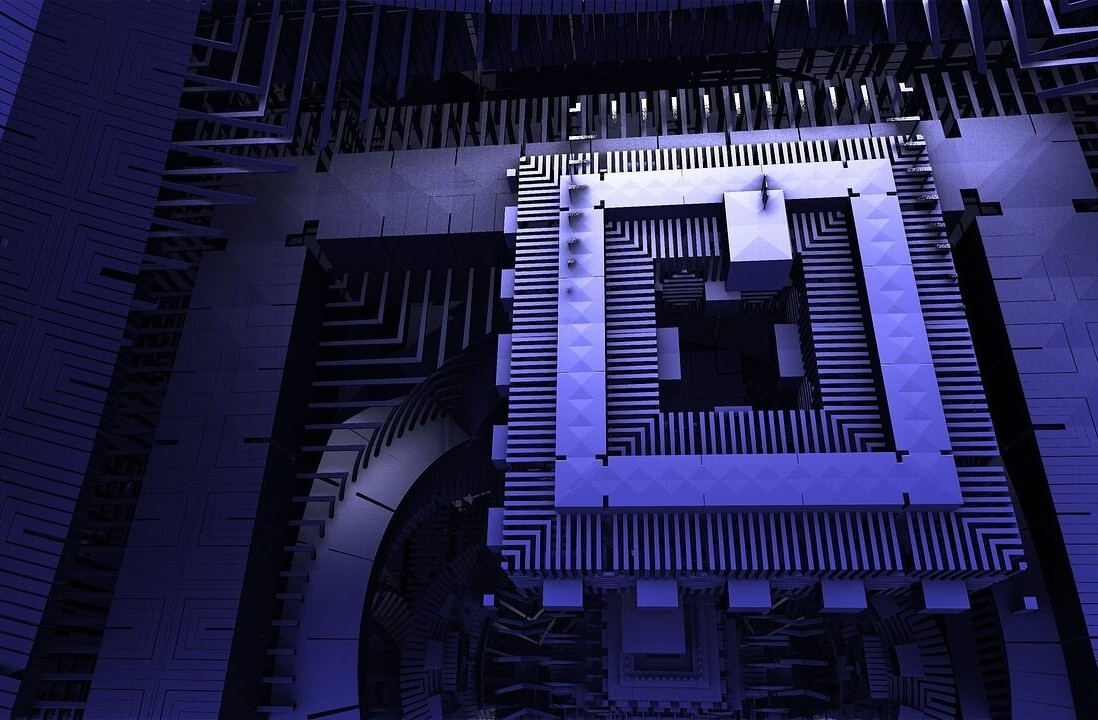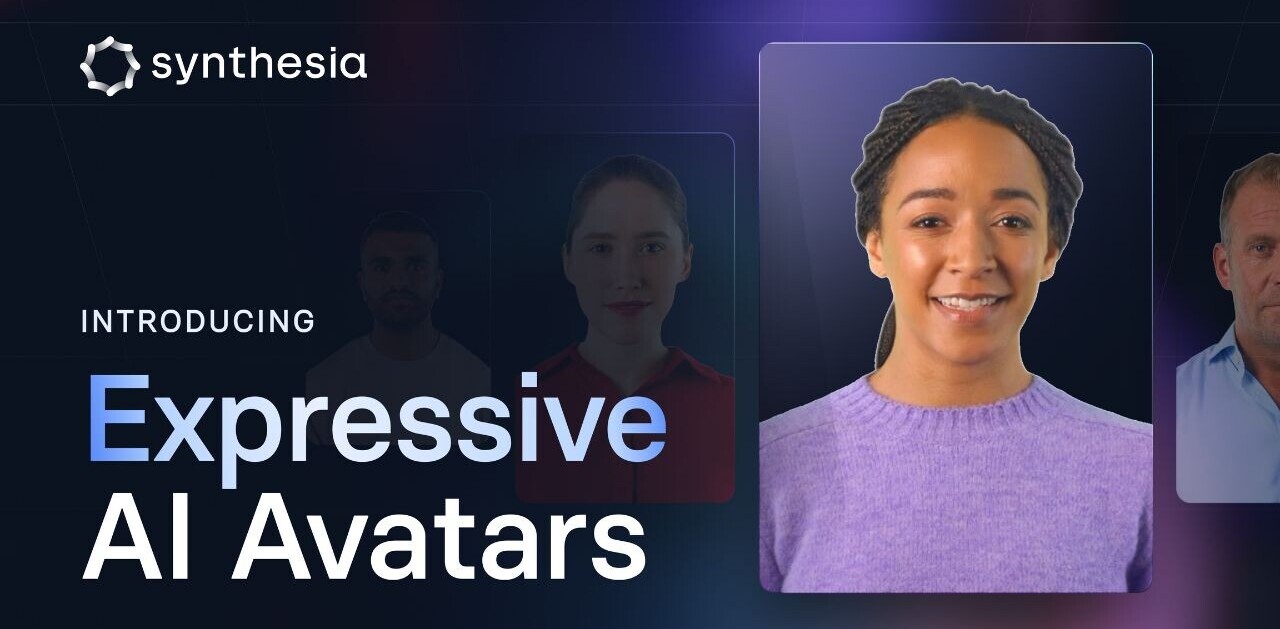
A humanoid has just taken a step towards consumer households after robot maker 1x raised a cool $100mn.
The Norwegian startup will spend the funds on bringing an android named Neo to the market. The bipedal is designed for everyday domestic tasks, from laundry to tidying.
“The once-distant dream of having a versatile, intelligent home assistant is now becoming a reality,” Bernt Øivind Børnich, CEO of 1X, told TNW.
Børnich co-founded 1X in 2014. He envisions the company producing commercial androids that benefit society and meet labour demand. To reach those combined goals, the robots are designed to work alongside people, free up our time, and improve global living standards.
The first droid tasked with this assignment was Eve, which was developed for enterprise applications. The two-wheeler rolled into work for the first time last year. Since joining the labour force, Eve has proven particularly adept at warehouse logistics and guarding.
Neo has broader ambitions. The general-purpose bot is built to fit into our everyday lives as an intelligent assistant.
To ease that transition, 1X gave Neo various human attributes. It resembles us in form, height (165 cm), and range of motion. It’s also got dexterous hands, which can lift 75kgs in a deadlift or a squat. But what makes Neo truly unique among humanoids is that it’s not an industrial machine.
“It’s soft like us, light and inherently safe, with no pinch-points or other hazards, which is crucial for us to pursue our vision of deploying safe and useful robots to consumers,” Børnich said.

An open connection with AI
Neo learns new household tasks through a technique called embodied AI. This enables machines to acquire skills by interacting with their environment.
Customers can also manually move the bot with a VR headset and controllers. They can even chat with Neo, which has a conversational functionality that Børnich compares to ChatGPT.
That comparison may not be coincidental. OpenAI was a lead investor in 1X’s Series A raise of $23.5mn last year.
“The partnership with OpenAI has been crucial in providing insight into future developments and trends in AI,” Børnich said.
“Having them as a strong partner significantly aided our focus on the Neo project, particularly in solving problems related to cloning human thought and behaviour into a machine.”

Funding plans
The latest cash injection comes from a Series B round. Among the investors is EQT Ventures, a VC firm that’s previously backed startups including Varjo and Einride.
“The prospect of androids assimilating into the workforce seems like a distant reality from the sci-fi world,” said Ted Persson, a partner at the firm.
“But as we spoke to more and more people, a picture of this actually happening in the next five to seven years emerged. 1X is sprinting towards a reality where robots don’t just exist in movies or assembly lines but walk among us, enhancing our workplaces and lives.”
With an extra $100mn in the wallet, that reality is coming closer. Børnich wouldn’t reveal a target launch date, but he expects preorders for Neo to open “within a short time period.”
That could put it in a footrace race with another bipedal: Tesla’s Optimus robot. Elon Musk hopes to launch the robot by 2027.
Musk’s timelines are notoriously unreliable, but one thing’s certain: the market for humanoids is heating up.
Get the TNW newsletter
Get the most important tech news in your inbox each week.





